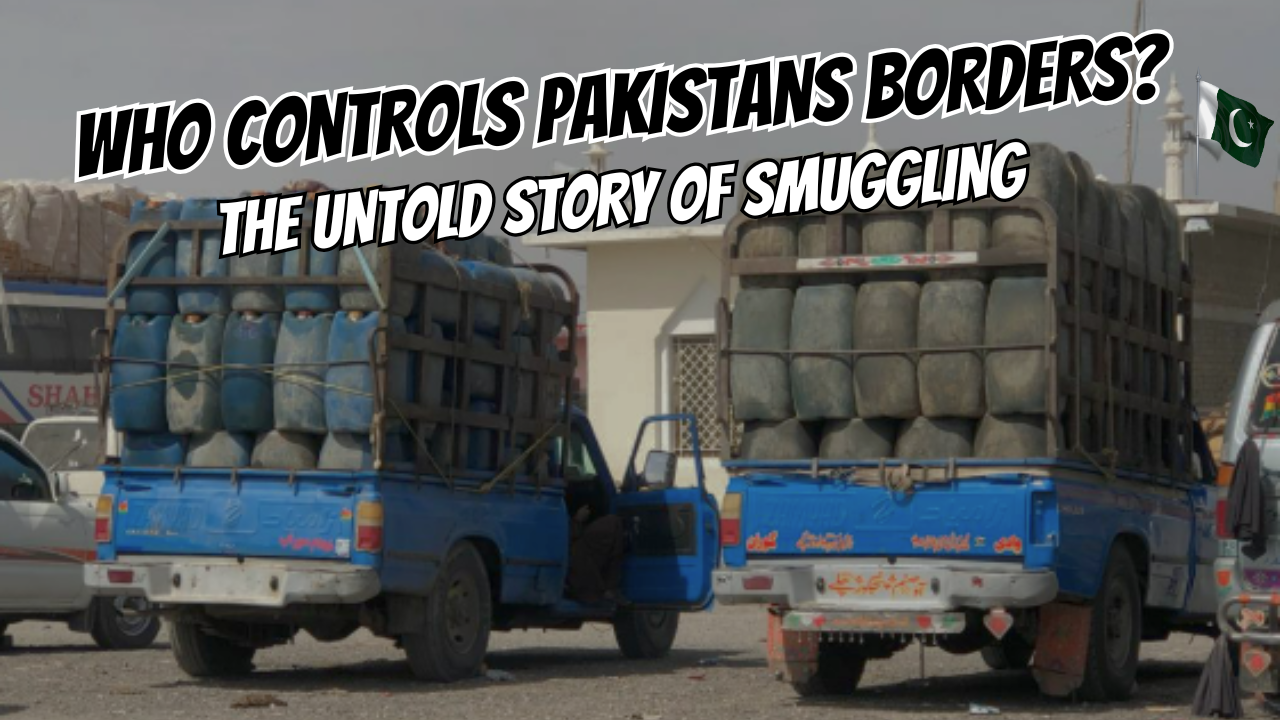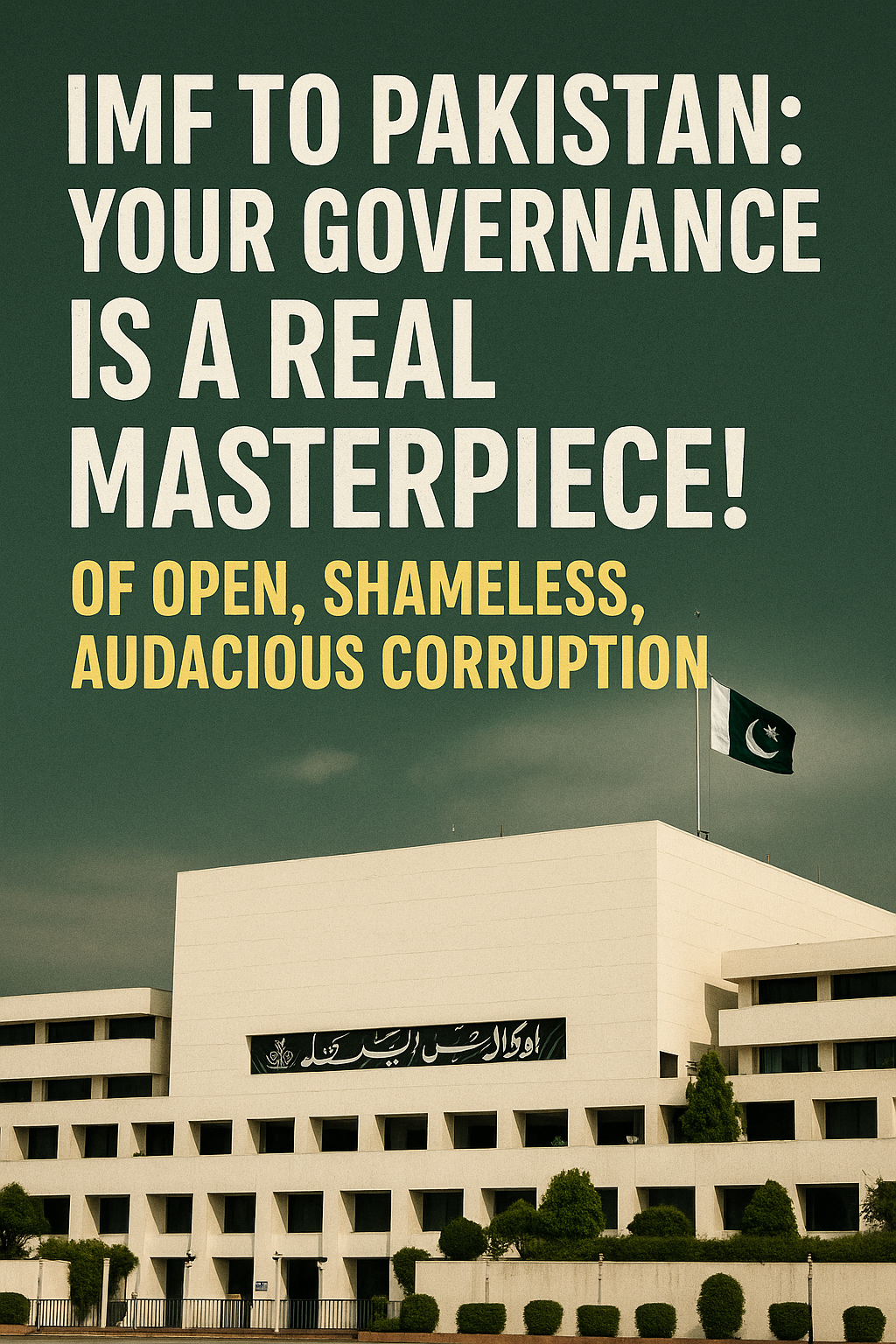Introduction
The Balochistan border between Pakistan and Iran has long been a hub of unchecked smuggling. Every day, numerous vehicles cross into Pakistan, loaded with smuggled goods—primarily fuel—with little to no resistance from border security agencies. This phenomenon has persisted for decades, raising serious concerns about corruption, state negligence, and the blatant double standards in border control.
While ordinary citizens, including journalists like Imran Riaz Khan, face immense difficulties when crossing the border, smugglers operate freely, their trucks moving unchallenged. This article delves into the reasons behind this paradox, the economic and political ramifications of unchecked smuggling, and the steps needed to curb this destructive trend.
The Mechanics of Smuggling at the Border
The Iranian border serves as a gateway for a highly organized smuggling network. Fuel, goods, and even narcotics find their way into Pakistan, bypassing official checkpoints. There are well-established routes where border officials allegedly turn a blind eye in exchange for hefty bribes. According to reports, smuggling operations have evolved into a systematic process involving:
- Bribery and Corruption: Smugglers pay border security officials, customs officers, and even political figures to ensure smooth passage for illegal shipments.
- Well-Defined Routes: Smuggling is not a hidden activity—it follows a routine with convoys of fuel-laden trucks moving daily, often under the escort of powerful backers.
- Political and Institutional Support: Certain power circles benefit from the illegal trade, ensuring that smugglers face no real consequences despite occasional crackdowns.
Who Benefits?
The free movement of smuggled goods raises the question: who truly benefits? While it may seem like smugglers and local traders are the primary winners, the reality is far more complex.
- Officials and Security Agencies: It is an open secret that border forces receive ‘protection money’ to allow unchecked smuggling. Without their complicity, large-scale smuggling would be impossible.
- Political Influences: Some politicians and bureaucrats have vested interests in ensuring that these smuggling routes remain active.
- Regional Power Brokers: Smuggling has also become a source of financial stability for certain non-state actors who operate along the border.
Why No Resistance from Security Agencies?
The absence of strong resistance to border smuggling points toward systemic corruption and institutional failures. Several key factors contribute to this:
- Monetary Incentives: Officials who are underpaid or see smuggling as a lucrative alternative to enforcement willingly accept bribes.
- Political Interference: Security forces that attempt to intervene are often stopped by powerful political or military elements benefiting from the trade.
- Lack of Institutional Oversight: Weak border management and the lack of accountability create an environment where smuggling flourishes unchecked.
- Local Dependency on Smuggling: Many border communities rely on smuggling for their livelihood, making enforcement unpopular among the local population.
The Double Standards in Border Control
The contrast between how smugglers and ordinary citizens are treated is striking. While fuel convoys move uninterrupted, investigative journalists, activists, and even common travelers face immense scrutiny and life-threatening challenges at the border. The case of journalist Imran Riaz Khan highlights how security forces selectively enforce strict border controls against individuals who pose no security threat, while turning a blind eye to large-scale illicit trade.
This double standard not only undermines the credibility of border security forces but also raises concerns about human rights violations and state complicity in unlawful activities.
Economic and Political Ramifications
The unchecked smuggling at the Pakistan-Iran border has dire consequences for the country’s economy and governance:
- Revenue Loss: Smuggled fuel bypasses official taxation, costing Pakistan billions in lost revenue.
- Market Destabilization: The influx of cheaper, untaxed Iranian fuel undermines Pakistan’s domestic petroleum industry.
- National Security Concerns: Weak border control allows other forms of smuggling, including weapons and narcotics, which can fuel criminal activities within Pakistan.
- Weakened Governance: The failure to regulate smuggling fosters an environment of lawlessness, further eroding trust in the state’s ability to enforce its laws.
Solutions to End Smuggling
Curbing smuggling at Balochistan’s borders requires a comprehensive, multi-faceted approach. The following steps can help tackle this crisis effectively:
- Increase Accountability: Implement strict oversight mechanisms for border security personnel to prevent bribery and corruption.
- Digitize Border Control: Introduce a digital monitoring system to track vehicle movement, ensuring real-time enforcement.
- Crack Down on High-Level Beneficiaries: Target the political and institutional enablers of smuggling rather than just arresting low-level smugglers.
- Create Alternative Livelihoods: Offer sustainable employment opportunities to local communities to reduce dependency on smuggling.
- Strengthen Custom Regulations: Establish a stricter import-export framework, ensuring all trade occurs through legal and taxed channels.
Conclusion
The smuggling crisis at Balochistan’s borders is not just an economic issue—it is a manifestation of deeper institutional failures and corruption. Addressing it requires political will, institutional reform, and a commitment to upholding the rule of law. Without immediate action, Pakistan will continue to suffer from financial losses, weakened governance, and growing security threats.
Pakistan’s borders should serve as barriers against illegal trade—not as open highways for the privileged few. The people deserve a system where laws apply equally to all, ensuring that economic stability and national integrity are preserved.




Leave a Reply